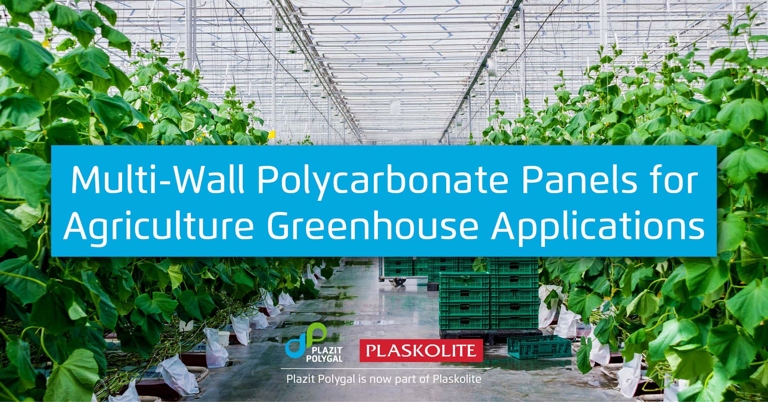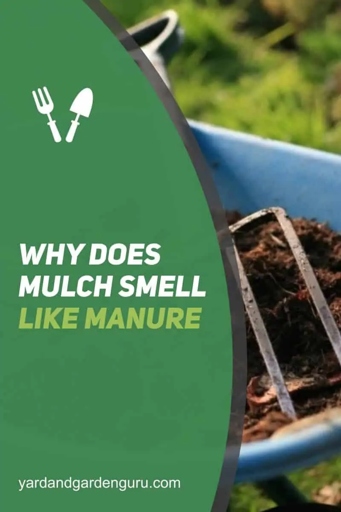8 Reasons to Use Polycarbonate Sheets For Greenhouse
Polycarbonate is a strong, durable material that is virtually unbreakable. It is clear like glass, but much lighter in weight. Polycarbonate is often used for greenhouse glazing because it transmits more light than glass, is virtually unbreakable, and is much lighter in weight. Here are 8 reasons to use polycarbonate sheets for greenhouse glazing:
1. Polycarbonate is much lighter than glass, making it easier to handle and less likely to break.
2. Polycarbonate transmits more light than glass, making it ideal for greenhouse glazing.
3. Polycarbonate is virtually unbreakable, making it a safer option than glass.
4. Polycarbonate is easy to clean and maintain.
5. Polycarbonate is an excellent insulator, keeping your greenhouse warmer in winter and cooler in summer.
6. Polycarbonate is UV-resistant, protecting your plants from harmful sun rays.
7. Polycarbonate is available in a variety of colors and styles to suit your greenhouse.
8. Polycarbonate is a cost-effective alternative to glass.


